In the ever-evolving world of customer relationship management (CRM) software, the debate over which platform deserves the crown is akin to a Shakespearean drama—full of passion, intrigue, and more than a few plot twists. Enter Salesforce and HubSpot, two titans of the CRM universe, each brandishing their unique strengths and charms. On one side, we have Salesforce, the heavyweight champion famed for its robust features and enterprise-level power, ready to knock out inefficiency one lead at a time. And on the other, HubSpot, the friendly underdog that has charmed its way into the hearts of marketers and small business owners alike, offering a delightful blend of ease and effectiveness.
But let’s not get bogged down with just the dazzling features and flashy marketing—this showdown is about more than just who wears the coolest cape. Join us as we dissect the quirks, capabilities, and maybe even a few comical missteps of each contender. By the end, you’ll not only have a clear perspective on which CRM reigns supreme but also be armed with enough knowledge to settle this debate at the next dinner party (or at least to amuse your colleagues at the water cooler). So, grab your popcorn, and let’s dive into the ring where customer relationships are forged, and software rivalries are legendary!
Table of Contents
- Comparing the Titans of CRM: Salesforce and HubSpot Go Head-to-Head
- Feature Face-off: What Each CRM Brings to the Table
- User Experience Showdown: Navigating the Nooks and Crannies
- Price Wars: The Cost of Winning Your Heart (and Wallet)
- Integration Olympics: Connecting the Dots Without Losing Your Mind
- Final Verdict: Choosing Your CRM Champion Without the Drama
- Q&A
- Key Takeaways
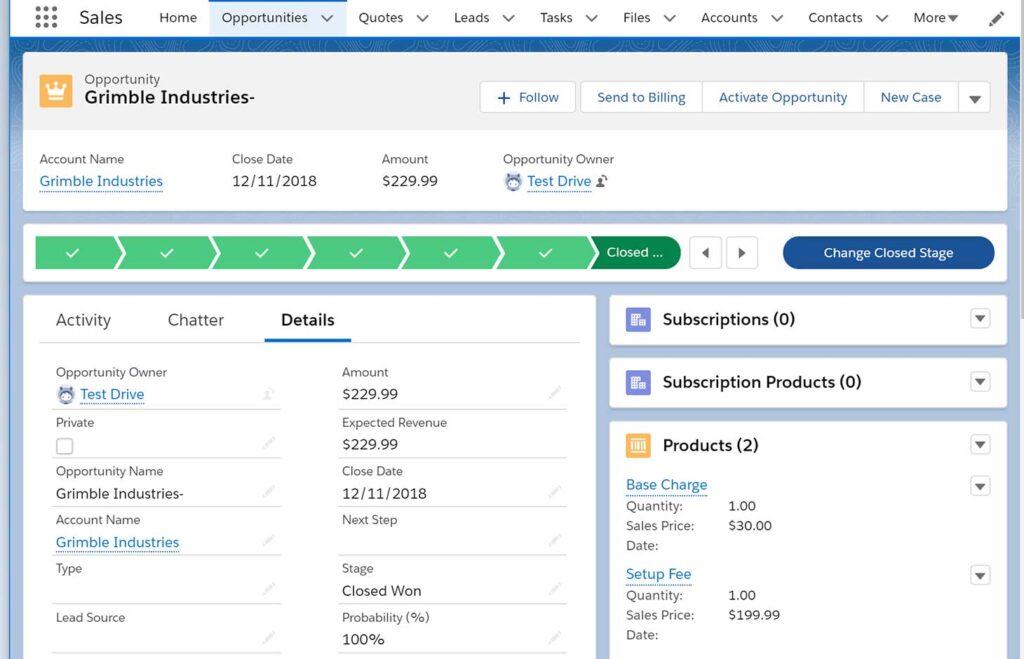
Comparing the Titans of CRM: Salesforce and HubSpot Go Head-to-Head
When it comes to the heavyweight title of Customer Relationship Management (CRM), Salesforce and HubSpot are like Rocky and Apollo, each boasting impressive credentials but with different strengths that appeal to various business needs. Salesforce, often dubbed the “big guns” of the CRM world, offers a robust suite of features that cater to large enterprises aiming for customization and scalability. It’s like a Swiss Army knife—but with a manual thicker than a Tolstoy novel, where you might need a degree in computer science just to figure out how to open the can opener. On the flip side, HubSpot charms with its user-friendly interface and streamlined tools designed for small to medium-sized businesses. Think of it as that easy-going friend who can throw a party at the drop of a hat, making it super accessible for teams that prefer simplicity over complexity.
In terms of pricing, Salesforce takes the prize for versatility but can get a bit steep if you want to go all-in. It’s like buying an all-you-can-eat buffet ticket while still trying to stick to your salad goals. HubSpot, on the other hand, offers a free tier that’s more than enough for startups to dip their toes into the CRM waters without making waves in their budget. Both platforms excel in lead management and automation, but their approaches differ significantly. To break it down:
| Feature | Salesforce | HubSpot |
|---|---|---|
| Customization | Highly customizable, ideal for large organizations | Limited customization, great for quick setups |
| User Experience | Steep learning curve | User-friendly, intuitive interface |
| Pricing | Higher, with multiple tiers | Free tier available; affordable options |
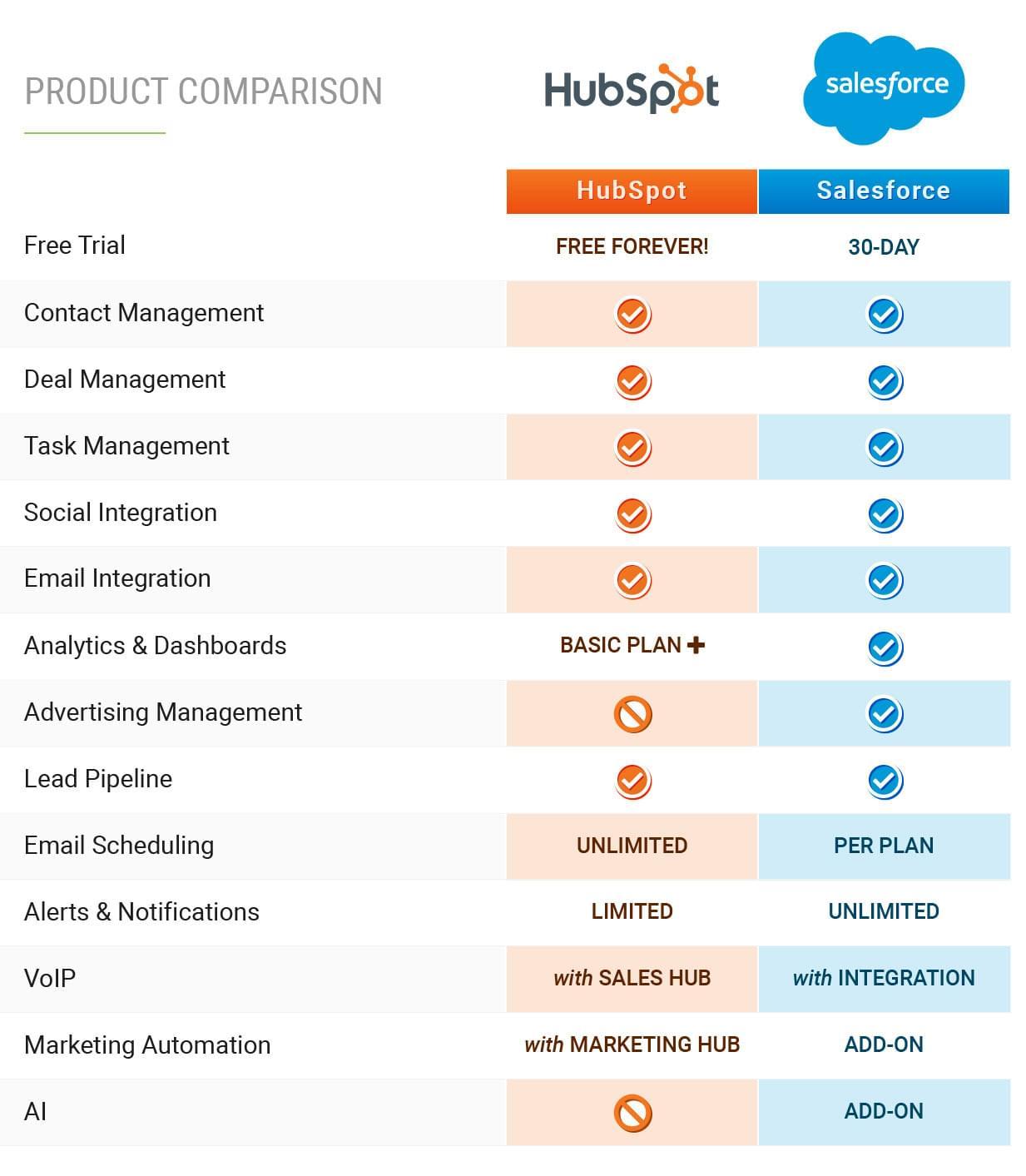
Feature Face-off: What Each CRM Brings to the Table
When it comes to CRM tools, Salesforce and HubSpot both boast a buffet of features designed to simplify sales processes, but they cater to different palates. Salesforce flaunts its remarkable customizability, offering an extensive range of integrations that can satisfy even the most discerning tech junkie. With capabilities such as predictive analytics and advanced reporting, it’s like having a crystal ball for your sales forecasts. Yet, one mustn’t overlook its infamous complexity that sometimes feels like navigating a labyrinth—just when you think you’ve found the exit, another twist emerges!
On the flip side, HubSpot presents a more user-friendly interface, suitable for teams seeking a streamlined experience without the IT degree. Its all-in-one platform is perfect for those who prefer simplicity over complexity, with tools that encompass everything from lead tracking to marketing automation—think of it as the Swiss Army knife of CRMs. However, while HubSpot excels at accessibility, its scalability can sometimes feel like trying to fit an elephant into a Mini Cooper when your business starts to balloon. Let’s see how they stack up in a quick comparison:
| Feature | Salesforce | HubSpot |
|---|---|---|
| Customization | Extensive | Limited |
| User Experience | Complex | Intuitive |
| Integrations | Widespread | Moderate |
| Analytics | Advanced | Basic |
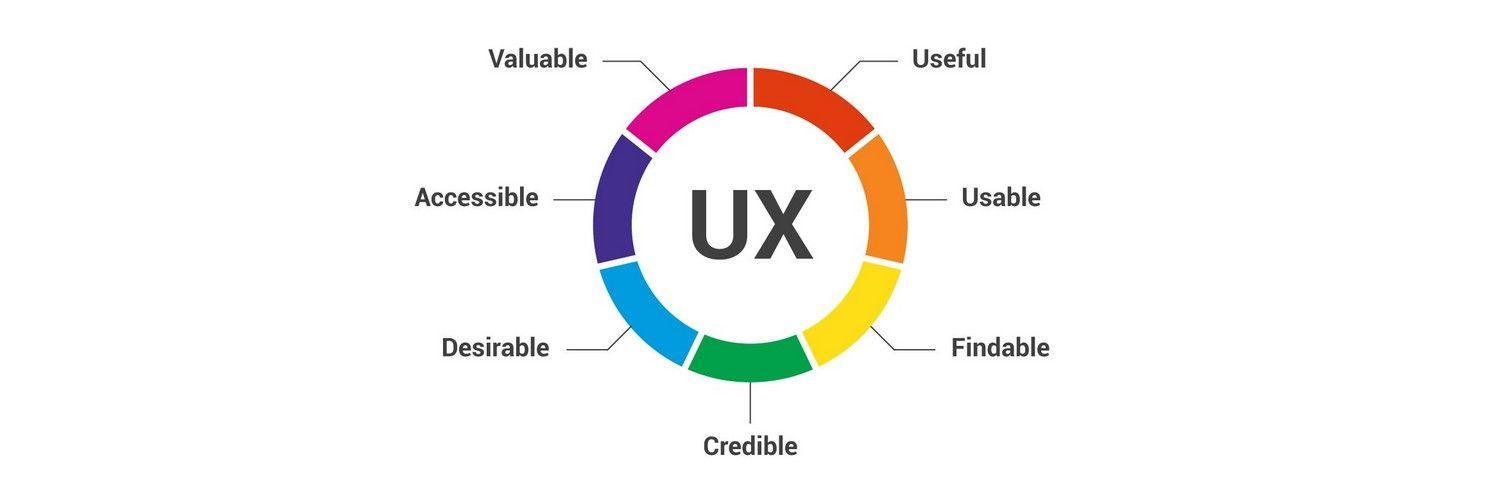
User Experience Showdown: Navigating the Nooks and Crannies
When it comes to user experience, both Salesforce and HubSpot have their own flavors of CRM magic, but which one has the best recipe? Imagine Salesforce as your overzealous chef, passionate about adding every ingredient in the pantry to create the ultimate stew—powerful but sometimes overwhelming. On the other hand, HubSpot is more like a minimalist café, carefully curating a menu that’s straightforward and appealing. Here’s a tasty breakdown of user experience aspects that might tickle your fancy:
- Onboarding: Salesforce offers extensive resources, yet it can feel like a marathon. HubSpot, however, tries to roll out the welcome mat with a more user-friendly, guided setup.
- Customization: Salesforce allows for deep customization that could take a PhD to navigate, whereas HubSpot keeps it playful with a drag-and-drop interface.
In terms of customer support, Salesforce may leave you feeling like you’re standing in a long line at the DMV, while HubSpot offers a friendlier chat option, making queries feel less like a chore. Below is a humorous comparison regarding their support services:
| Aspect | Salesforce | HubSpot |
|---|---|---|
| Response Time | Time flies like a butterfly, and so do your questions! | Your queries are usually answered quicker than a cat meme goes viral. |
| Help Resources | A library of great knowledge (if you can find it). | A treasure chest of straightforward guides and tutorials. |
| Personal Touch | Like being served by a robot (great at math, but awkward). | More like chatting with a friend over coffee. |
Price Wars: The Cost of Winning Your Heart (and Wallet)
When it comes to choosing between Salesforce and HubSpot, brace yourself for a delightful ride down the price escalator. Both platforms boast impressive features, yet they come with distinctive price tags that can make your wallet clench. Salesforce is often viewed as the heavyweight champion in the CRM arena, offering a plethora of customization options that can make even a Swiss Army knife envy its multi-tool prowess. However, such flexibility comes at a cost, with plans beginning at a higher entry point. Think of it as opting for that artisanal avocado toast – delicious, but oh so pricey. In contrast, HubSpot entices users with its freemium model, allowing start-ups to dip their toes in CRM waters without instantly sinking their finances. Sure, it’s like a buffet where you get a free plate, but you’ll be tempted to go fully all-in with the premium dishes once you taste the goodness.
Let’s break down the cold, hard numbers. Here’s a peek at the basic pricing structure that might just tickle your fiscal fancy:
| CRM Platform | Starting Price | Features Included |
|---|---|---|
| Salesforce | $25/user/month | Basic CRM functionalities, reports, and dashboards |
| HubSpot | Free (upgrade options available) | Contact management, email marketing, and forms |
while HubSpot may win the heart of budget-conscious businesses, Salesforce often claims the crown among enterprises willing to invest in customized solutions. As you weigh your options, keep in mind that choosing the right CRM is less about winning a price war and more about investing in a system that can help you charm your customers while keeping those pesky financial tensions at bay.
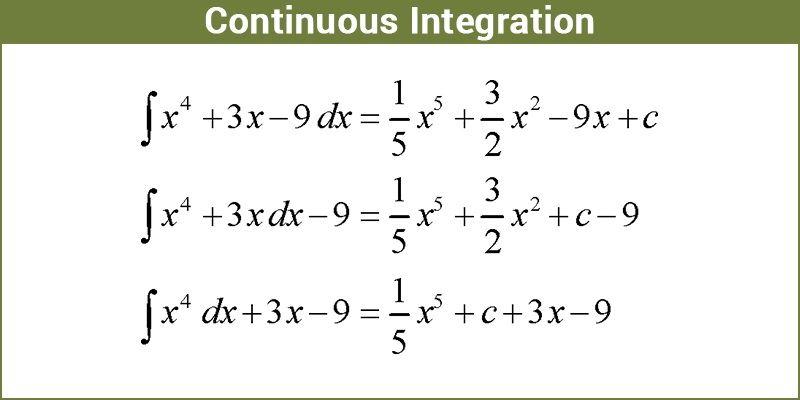
Integration Olympics: Connecting the Dots Without Losing Your Mind
In the fast-paced world of sales and marketing, juggling multiple integrations can feel like an Olympic sport—minus the sequined costumes and catchy theme music. Both Salesforce and HubSpot offer a smorgasbord of integrations designed to connect various business tools, enabling you to streamline your operations. But let’s face it: diving into the integration details can make you feel like a contestant on a reality show titled “Survivor: CRM Edition.” As you sift through the endless options, remember that simplicity is key. With both platforms, you can effortlessly unite your email, social media, and e-commerce platforms, turning what could be a logistical nightmare into a harmonious symphony of productivity.
When it comes to feature-rich experiences, Salesforce might seem like the heavyweight champion, but HubSpot is your agile underdog ready for a surprise win. In this matchup of CRM titans, you can expect to encounter some serious heavyweight contenders like:
- Salesforce: A robust set of APIs, flexible customization, and a marketplace flooded with plugins.
- HubSpot: User-friendly integrations and a seamless onboarding process that makes you feel like you’re on a smooth ride instead of a roller coaster.
| Feature | Salesforce | HubSpot |
|---|---|---|
| Integration Complexity | High | Low |
| Customization | Very High | Moderate |
| User Friendliness | Moderate | High |
So, whether you’re navigating the robust labyrinth that is Salesforce or enjoying the carefree integration vibe of HubSpot, the key is to approach each integration challenge with a wink and a chuckle—because if you’re not smiling while connecting the dots, you’re probably doing it wrong.
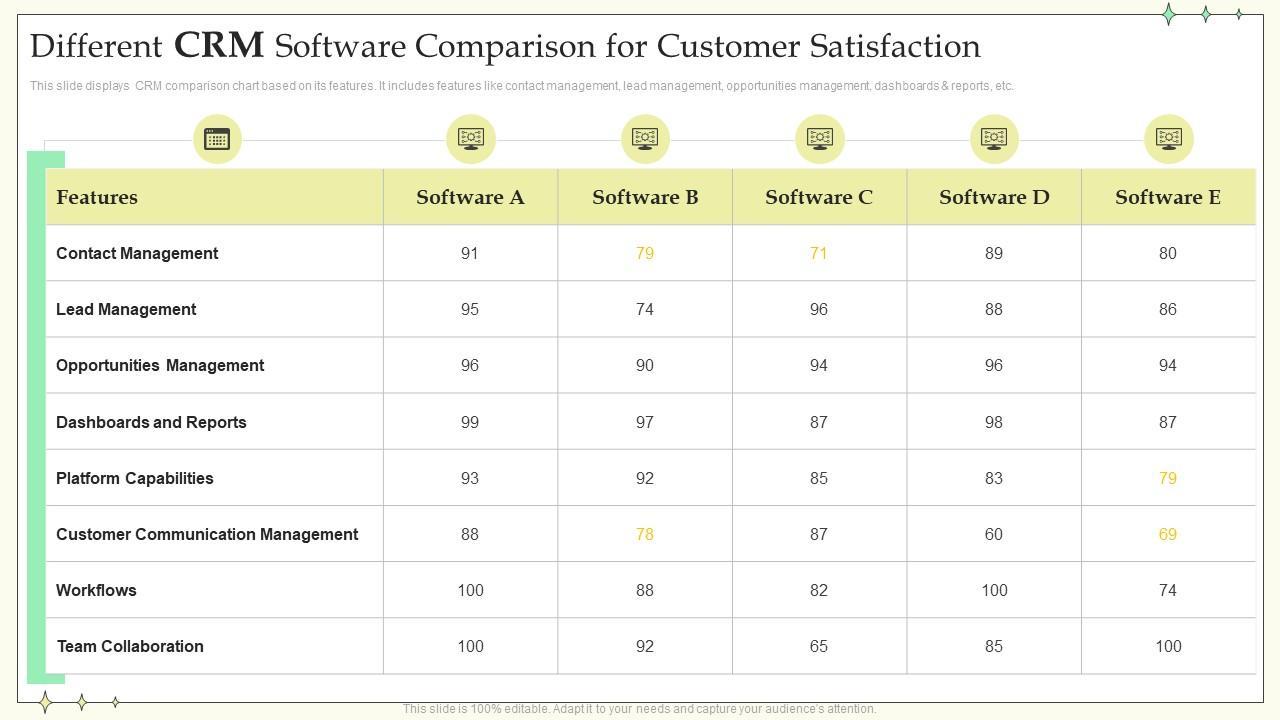
Final Verdict: Choosing Your CRM Champion Without the Drama
When it comes to selecting the perfect CRM for your business, the choice between Salesforce and HubSpot can feel like stepping onto a battlefield, complete with clashing swords and dramatic musical scores. However, the reality is much less glamorous. At the end of the day, both platforms bring unique strengths to the table, ensuring you can find a suitable champion without the royal drama. Consider the key factors that matter most to you:
- Budget-Friendly: HubSpot offers a more accessible entry point, perfect for startups and small businesses looking to dip their toes into the CRM waters.
- Customization: Salesforce shines in its ability to tailor features to your every whim, making it the go-to for enterprises with complex needs.
- User Experience:** HubSpot is often touted for its user-friendly interface, while Salesforce’s steep learning curve may require a user manual thicker than a novel.
To help you consolidate your decision, let’s break it down into a simplified table of features:
| Feature | Salesforce | HubSpot |
|---|---|---|
| Pricing | High | Free for basic |
| Customization | Extensive | Moderate |
| User-Friendliness | Complex | Intuitive |
| Integration | Highly Flexible | Straightforward |
Ultimately, the best CRM is the one that aligns seamlessly with your business goals while keeping your team from pulling their hair out. Remember, choosing your CRM champion should be as enjoyable as a binge-worthy reality show, minus the melodrama!
Q&A
Salesforce vs. HubSpot: Which CRM Reigns Supreme? Q&A
Q1: What’s the main difference between Salesforce and HubSpot?
A: Picture Salesforce as that fancy Swiss Army knife you keep in your drawer but rarely use. It’s packed with features and customization options, great for larger businesses that love their tools more than their morning coffee. HubSpot is more like your trusty, straightforward can opener – effective, user-friendly, and it keeps you focused on getting things done without needing a manual in six languages.
Q2: Which CRM is better for small businesses?
A: If you’re a small business just starting out, HubSpot might be your best friend. It offers a free version that won’t break the bank, leaving you with more cash for those office donuts. Salesforce, on the other hand, is like that larger-than-life uncle who means well but can be overwhelming – great if you can handle the complexity, but don’t say we didn’t warn you!
Q3: What about integration options?
A: Ah, the age-old battle: ‘Can we play nicely with others?’ Salesforce is the extrovert at the party, boasting thousands of integrations. Wanna connect it to your toaster? There’s probably an app for that. HubSpot, while slightly less flashy, still struts significantly with a solid range of integrations that cover most needs with grace.
Q4: Which CRM takes the crown for customer support?
A: Customer support is like that first date – if it’s awkward, it can ruin everything. Salesforce offers robust support options, but sometimes you’ll feel like you’re talking to a different time zone. HubSpot is known for its solid support and wealth of resources; you can find answers faster than you can say “close the deal!”
Q5: Is one really more expensive than the other?
A: In the world of CRM, Salesforce has a reputation for being the high-maintenance partner – fancy dinners, extravagant vacations. HubSpot, with its free tier, is like taking a budget trip but managing to eat at all the best spots without losing your shirt. Just remember, you often get what you pay for, so a bit of math might be required to see what suits your budget in the long run.
Q6: Which CRM has the better user interface?
A: HubSpot wins the ‘ease of use’ beauty pageant hands down – it’s as clean as an Instagram influencer’s bedroom. Salesforce, while incredibly powerful, could sometimes feel like navigating through a labyrinth designed by someone who just got a degree in complexity. In other words, you might need a map to find your way around!
Q7: In a dramatic show-down, who walks away victorious?
A: The answer really comes down to your needs. If you’re a small to mid-sized business looking for user-friendliness and affordability, HubSpot might just steal your heart (and your budget!). But if you’re ready to invest in a powerhouse with unrivaled customization, then Salesforce could very well be your champion. In any case, keep your popcorn handy – it’s going to be a thrilling ride!
So, whether you’re Team Salesforce or HubSpot, remember that the best CRM is the one that fits your unique business needs – and keeps you smiling along the way!
Key Takeaways
As we reach the end of this epic showdown between Salesforce and HubSpot, it’s clear that choosing a CRM is like selecting a favorite child—each has its merits, and the decision often depends on your unique needs and preferences. Salesforce is the seasoned heavyweight, boasting a robust suite of features that can tackle just about anything you throw at it. In contrast, HubSpot offers an approachable interface that feels like a warm hug from a favorite aunt—reliable, friendly, and just a bit cheeky.
In the grand scheme of CRM royalty, one may reign supreme for your business model while leaving the other in the dust. Are you after intricate customization and functionality? Maybe Salesforce wears the crown. Prefer an easier entry into the world of CRM? HubSpot might just be your king.
So, whether you find yourself team Salesforce or squad HubSpot, remember this: the real winner is the one that aligns best with your business goals. the ultimate CRM victory lies not in who’s got the flashiest features, but in how effectively it helps you connect, thrive, and—dare we say it—crush your sales targets. Now, go forth, crown your CRM champion, and may your sales be ever in your favor!
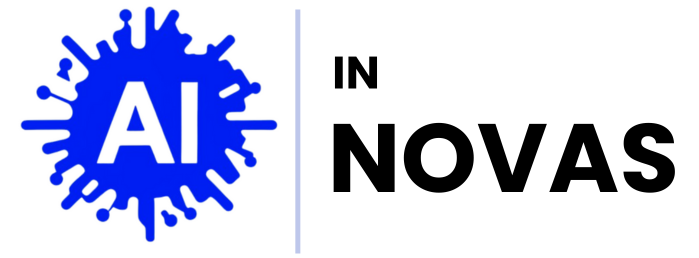
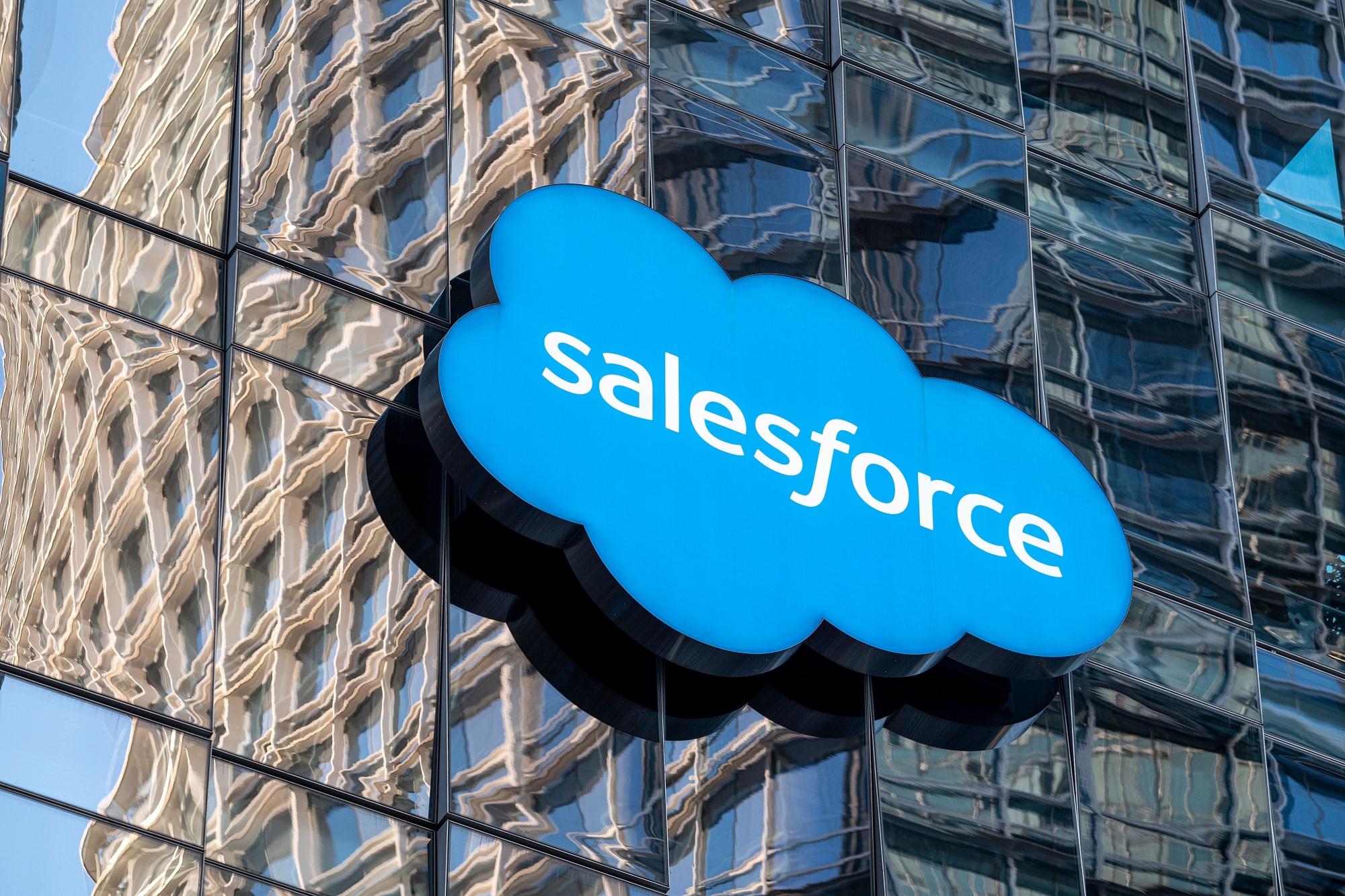
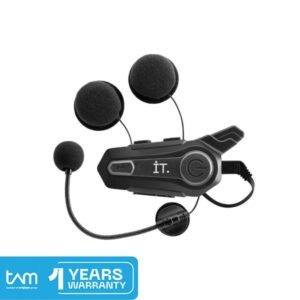
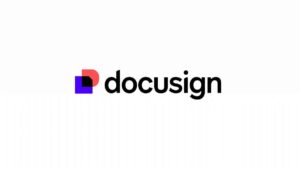
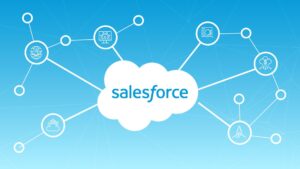
Pingback: Google Workspace vs. Zoho Workplace: Which Suite is Right for You? - AI in Novas
Pingback: Slack vs. Discord: Finding the Right Fit for Your Team 2024 - AI in Novas
Pingback: Trello vs. ClickUp: A Comprehensive Comparison of Features - AI in Novas
Pingback: Salesforce vs. Pipedrive: Finding the Best Sales Tool - AI in Novas